U.S. Immigration Services
U.S. Immigration Services
USA EB-2 National Interest Waiver (NIW)
USA EB-2 National Interest Waiver (NIW)
The USA EB-2 National Interest Waiver (NIW) is a specialized immigration pathway offered by U.S. Citizenship and Immigration Services (USCIS) for foreign nationals with exceptional abilities who seek permanent residency in the United States. The NIW is designed to attract talented individuals, especially those, but not limited to, in science, technology, engineering, and mathematics (STEM), to contribute their skills and expertise to the U.S. economy.
The EB-2 visa is an employment-based visa category for individuals with advanced degrees or exceptional abilities in their respective fields. The National Interest Waiver (NIW) allows EB-2 applicants to bypass the requirement of a U.S. job offer or labor certification, which otherwise can take months or even years to complete.
Eligibility Criteria
To qualify for the EB-2 NIW, applicants must demonstrate:
2. Substantial Benefit to the U.S. – Proof that their work in the United States will significantly benefit the U.S. economy, culture, or educational landscape
Advantages of the National Interest Waiver
The EB-2 NIW offers several key benefits:
- Labor Certification Exemption: The waiver eliminates the need for labor certification, expediting the process for applicants.
- Self-Petition Option: Applicants may petition on their own behalf, eliminating the need for a U.S. employer sponsor.
- Streamlined Processing: Applicants may file Form I-140 directly with USCIS without extensive review or delays associated with labor certification.
The EB-2 NIW can be a complex and highly competitive immigration option. Applicants are strongly encouraged to consult with an experienced immigration attorney to ensure that their application is thoroughly prepared, highlighting their unique qualifications and contributions.
For more details please contact our senior immigration consultants and advisors.
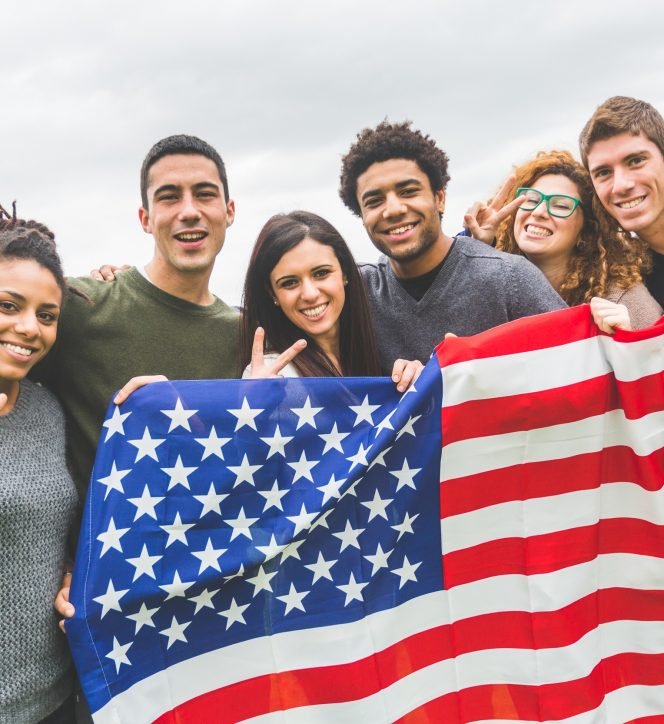

U.S. Sponsorship Visa
Exploring Opportunities: U.S. Sponsorship Visa for Foreign Nationals
The United States remains a sought-after destination for immigrants seeking a better quality of life, professional growth, and enhanced opportunities. The U.S. Sponsorship Visa program enables U.S. citizens and permanent residents to sponsor eligible family members for immigration, fostering family unity within the country.
A sponsorship visa, also referred to as a family-based visa, permits a U.S. citizen or lawful permanent resident to sponsor a foreign family member for residency in the United States. To initiate the process, the sponsor must submit a formal petition to U.S. Citizenship and Immigration Services (USCIS), demonstrating the family relationship and providing supporting documentation as required by law. Once approved, the applicant is assigned a priority date which determines the eligibility to apply for the visa.
For those residing outside the United States, an interview at the U.S. embassy or consulate will be necessary. Applicants already in the U.S. may apply for adjustment of status to permanent residency.
Establishing a Qualifying Relationship for U.S. Sponsorship Visa
To qualify, a foreign national must have an eligible familial relationship with the U.S. sponsor, including:
- Spouse
- Parent
- Unmarried child under 21 years (including stepchildren and adopted children)
- Sibling (including half-siblings and stepsiblings)
- Fiancé(e)
Additional requirements include passing a medical examination, providing police clearance certificates, and meeting other eligibility standards.
Sponsor Responsibilities
- Providing financial support for a specified period
- Reimbursing public funds provided to the sponsored individual, if necessary
- Assisting with the adjustment to life in the U.S.
Key Sponsorship Categories
Spousal Sponsorship – IR-1
U.S. citizens or permanent residents may sponsor their legally married spouse under the IR-1 category. Eligibility requirements include:
- Proof of legal marriage to a U.S. citizen or permanent resident
- Demonstration of a valid U.S. address and proof of residency by the U.S.-based spouse
- Evidence of sufficient financial resources to support the sponsored spouse
Fiancé(e) Visa – K-1
The K-1 visa permits a foreign fiancé(e) of a U.S. citizen to enter the U.S. for marriage. Marriage must occur within 90 days of arrival. Non-compliance may result in deportation. Eligibility criteria include:
- Both parties must be above the legal age of 18 and single at the time of application
- Evidence of a recent in-person meeting within the last two years, except under specific cultural exceptions
- Proof of financial resources by the U.S. citizen to support the fiancé(e)
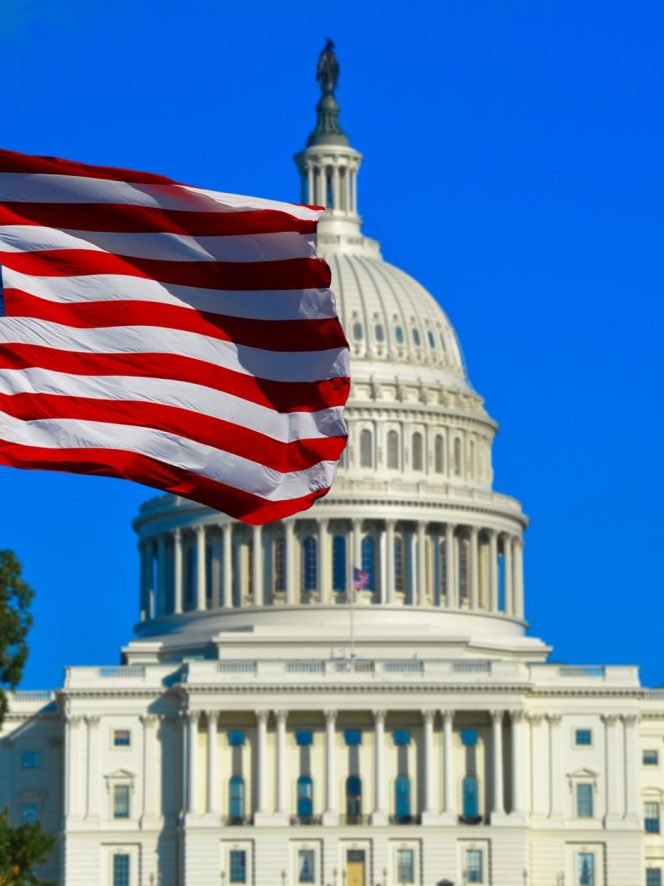

Child Under 21 of a U.S. Citizen – IR-2
The IR-2 visa facilitates U.S. residency for unmarried children under 21 of U.S. citizens. Children under 18 gain automatic U.S. citizenship upon arrival. Key requirements:
- The child must be unmarried and under 21
- Both parent and child must have lived together for a minimum of two years
- Consent from the non-citizen parent, where applicable, is necessary for adoption cases
Orphan Adopted Abroad – IR-3
U.S. citizens may bring foreign-adopted orphans to the U.S. under the IR-3 visa once adoption is completed abroad. Eligibility includes:
- The child is under 21 and from a country approved for adoption by U.S. law
- Completion of legal adoption procedures per U.S. Immigration and Nationality Act requirements
Orphan to be Adopted in the U.S. – IR-4
The IR-4 visa allows U.S. citizens to bring a child to the U.S. for adoption finalization. Requirements include:
- The child must be under 21 and from an eligible country
- The U.S. parent must legally adopt the child in the U.S. following initial guardianship
Family Preference Visas
Available to other family members not covered under immediate relative categories:
- F-1 Visa: Unmarried children and their minor children
- F-2 Visa: Spouses, minor children, and unmarried children over 21 of permanent residents
- F-3 Visa: Married children, their spouses, and minor children of U.S. citizens
- F-4 Visa: Siblings, their spouses, and minor children if the U.S. citizen sponsor is over 21
*Note: Family preference visas are not available for grandparents, aunts, uncles, or in-laws.
Parent of a U.S. Citizen (IR-5)
U.S. citizens over 21 years old may sponsor their parents under the IR-5 category. Requirements include:
- Proof of financial capacity to support parents initially
- Documentation of the relationship through birth certificates
For more details please contact our senior immigration consultants and advisors.
USA Temporary Residence Visas
Several categories of USA Temporary Residence Visas are available, tailored to the applicant’s purpose of visit:
- Tourist Visa – For individuals visiting the United States for tourism, leisure, or family visits.
- Work Visa – For individuals seeking temporary employment in the U.S., subject to specific terms and timeframes.
- Student Visa – For those intending to pursue an educational course in the U.S. at a recognized institution.
To apply for a USA Temporary Residence Visa, applicants must submit their applications to the U.S. Embassy or Consulate in their home country. The process typically includes completing a detailed application form, providing required documentation, undergoing fingerprinting, and attending an interview.
Applicants must demonstrate strong ties to their home country, confirming their intention to return upon completing their stay. This requirement is essential to mitigate the risk of visa misuse for long-term residence. Temporary residence visas have finite validity, and holders must depart the U.S. before the visa expiration date. Failure to comply may lead to future entry bans or other legal consequences.
Visitor Visa – B1 / B2
Eligibility and Requirements:
- The visit must be brief and solely for business or leisure purposes.
- Applicants must demonstrate sufficient funds to cover expenses during their stay.
- Strong ties to the applicant’s home country, ensuring they will exit the U.S. after the authorized stay.
- Employment in the United States is prohibited under a visitor visa.
- Applicants must disclose any prior arrests or convictions. Ineligibility waivers may be necessary if criminal records impact admissibility.
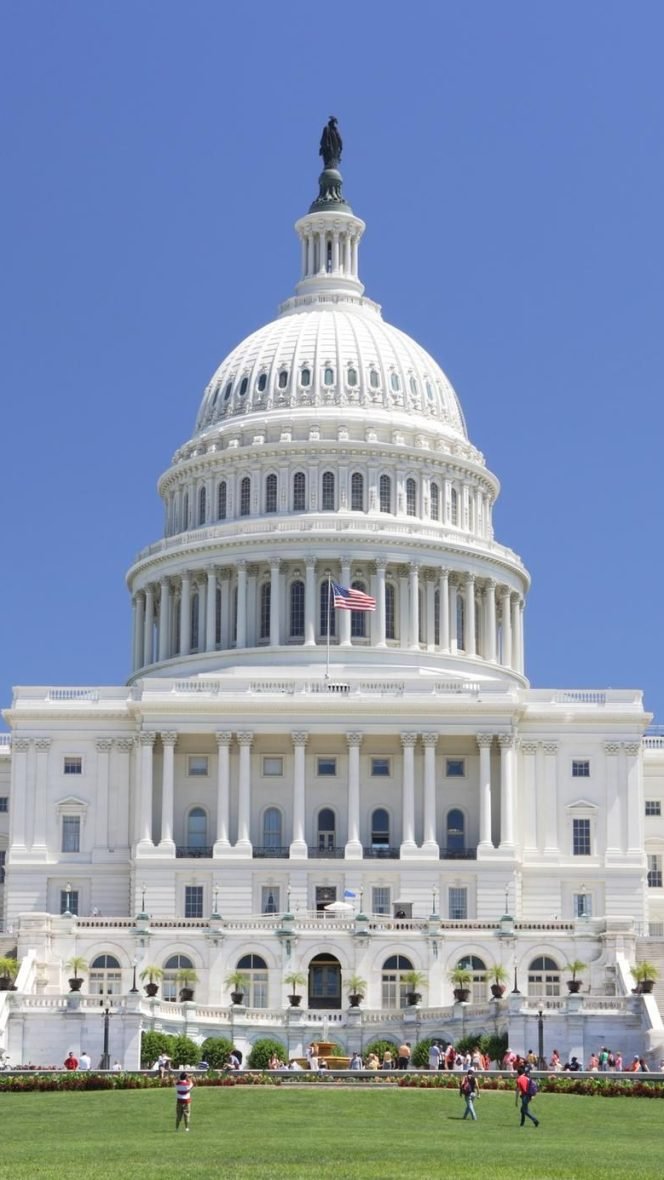

Student Visa – F1
Eligibility and Requirements:
- Secure admission from an SEVP-listed institution. Admission to non-SEVP schools does not qualify for an F-1 Visa.
- Sufficient financial resources to support the duration of study. Applicants are encouraged to explore scholarship opportunities.
- Proof of English language proficiency, typically via TOEFL or IELTS.
For more details please contact our senior immigration consultants and advisors.
USA EB-3 - Immigration Visa for Skilled Workers
USA EB-3 Immigration Skilled Workers Program
EB-3 Visa Categories
The EB-3 Visa program is divided into three subcategories:
- Skilled Workers: For individuals with at least two years of experience in a skilled occupation and a permanent job offer in the U.S. relevant to their experience.
- Professionals: For individuals with at least a bachelor’s degree and a permanent U.S. job offer that requires such qualifications.
- Other Workers: For those performing unskilled labor, with less than two years of experience, who have a permanent job offer in the U.S. for work requiring such labor.
Application and Sponsorship Requirements:
Eligibility Criteria
Key Benefits of the EB-3 Visa
- Path to Permanent Residency: Eligible foreign workers and their families can obtain green cards, allowing them to live and work permanently in the United States.
- Family Inclusion: The applicant’s spouse and unmarried children under 21 are permitted to accompany the primary visa holder and reside in the United States.
For more details please contact our senior immigration consultants and advisors.
USA EB-5 Investor Program
EB-5 Investor Program
Advantages of the EB-5 Investor Program
- Path to Permanent Residency: The EB-5 program offers a streamlined path to U.S. permanent residency. Investors receive a conditional green card within approximately 18–24 months, with the option to apply for permanent residency after two years.
- Family Inclusion: Investors may include their immediate family members, specifically spouses and unmarried children under 21, in their green card applications.
- Economic Contributions: Investments made through the EB-5 program play a significant role in boosting the U.S. economy, particularly in high-unemployment areas designated as TEAs. These funds support job creation and economic growth, often channeled through government-approved regional centers that foster development in specific regions.
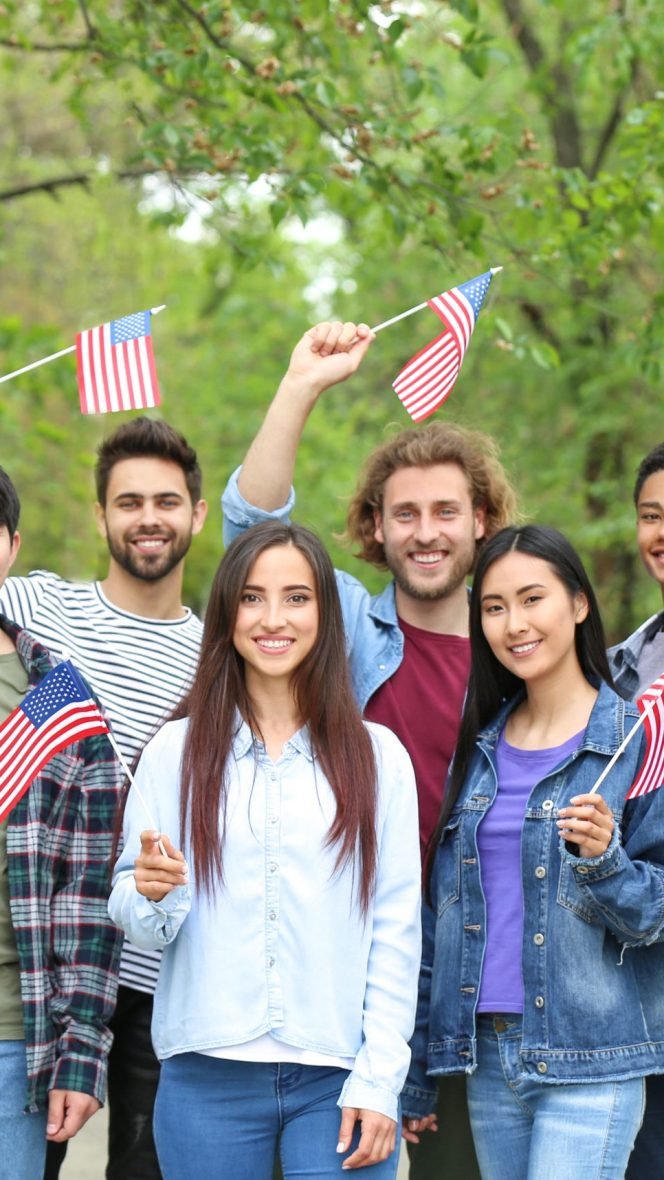
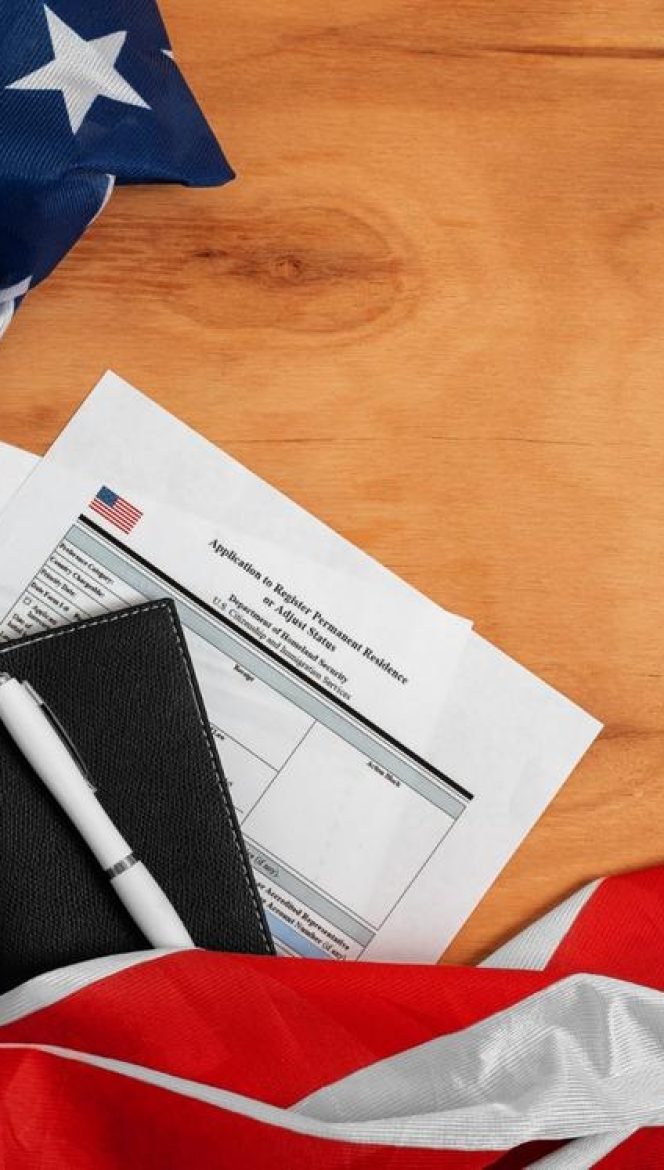
Program Requirements and Qualifications
1. Investment Amount:
a.TEA Investments: Minimum of $800,000 for investments within TEAs (high-unemployment or rural areas).
b. Non-TEA Investments: Minimum of $1.05 million for investments outside of TEAs.
2.Financing Restriction: The investment must come directly from the investor’s legal funds, with a clear, verifiable money trail.
3.Commitment to Job Creation: The investment must result in the creation of at least 10 full-time jobs for U.S. workers within two years.
4.Settlement Intent: Investors must demonstrate an intent to settle in the United States permanently, with a commitment to residing in the U.S. to maintain permanent residency.
Other Program Benefits
- Green Card Benefits: Upon receiving U.S. permanent residency, EB-5 investors and their families enjoy rights similar to those of other residents, including access to public services and education.
- Path to Citizenship: Investors may apply for U.S. citizenship after five years, provided they meet residency requirements, which include physical presence in the U.S. for at least 2.5 out of 5 years, with a minimum stay of six months in each of those years.
Eligible Family Members
- Spouse: May accompany the primary investor and receive permanent residency.
- Children: Unmarried children under 21 may also receive permanent residency through the EB-5 program.
For more details please contact our senior immigration consultants and advisors.
USA E2 – Employment Second Preference
USA E2 Employment Second Preference Visa Benefits
The USA E2 Employment Second Preference Visa provides a pathway for foreign nationals to establish and operate businesses in the United States. This non-immigrant visa caters specifically to entrepreneurs, investors, and highly skilled professionals from countries with bilateral investment treaties with the U.S. It offers a range of benefits for investors, executives, and their families seeking to work and reside in the United States.
Eligibility and Investment Requirements
- Nationality Requirement: The E2 visa is available only to nationals of countries with which the United States has qualifying treaties, including Pakistan.
- Investment Criteria: While there is no legally specified minimum investment amount, the investment must be substantial and proportionate to the business’s operational needs. Generally, investments between $100,000 to $200,000 are recommended. The investor must own at least 51% of the enterprise or hold substantial managerial control over operations.
- Business Plan: Applicants must submit a comprehensive business plan detailing the proposed investment, including technical specifications, financial projections, and an outline of job creation. The plan should clearly demonstrate the viability of the U.S. business and its potential to create employment.
Benefits of the E2 Visa
- Business Operations: The E2 visa permits investors to establish, direct, and operate a qualifying business in the United States.
- Family Accompaniment: Spouses and children under 21 may accompany the E2 visa holder. Spouses are eligible to apply for employment authorization, allowing them to work in the U.S., while children may attend U.S. schools of their choice.
Visa Duration and Renewal
- Initial Duration: The E2 visa is typically granted for an initial period of two years.
- Renewal Options: Visa holders may apply for unlimited two-year extensions as long as they meet the visa requirements, providing flexibility for those intending to maintain or grow their business operations in the United States.
Eligible Family Members
- Spouse: Eligible for an E2 dependent visa with the option to apply for employment authorization.
- Children (under 21): Granted an E2 dependent visa, allowing access to U.S. education.
For more details please contact our senior immigration consultants and advisors.
